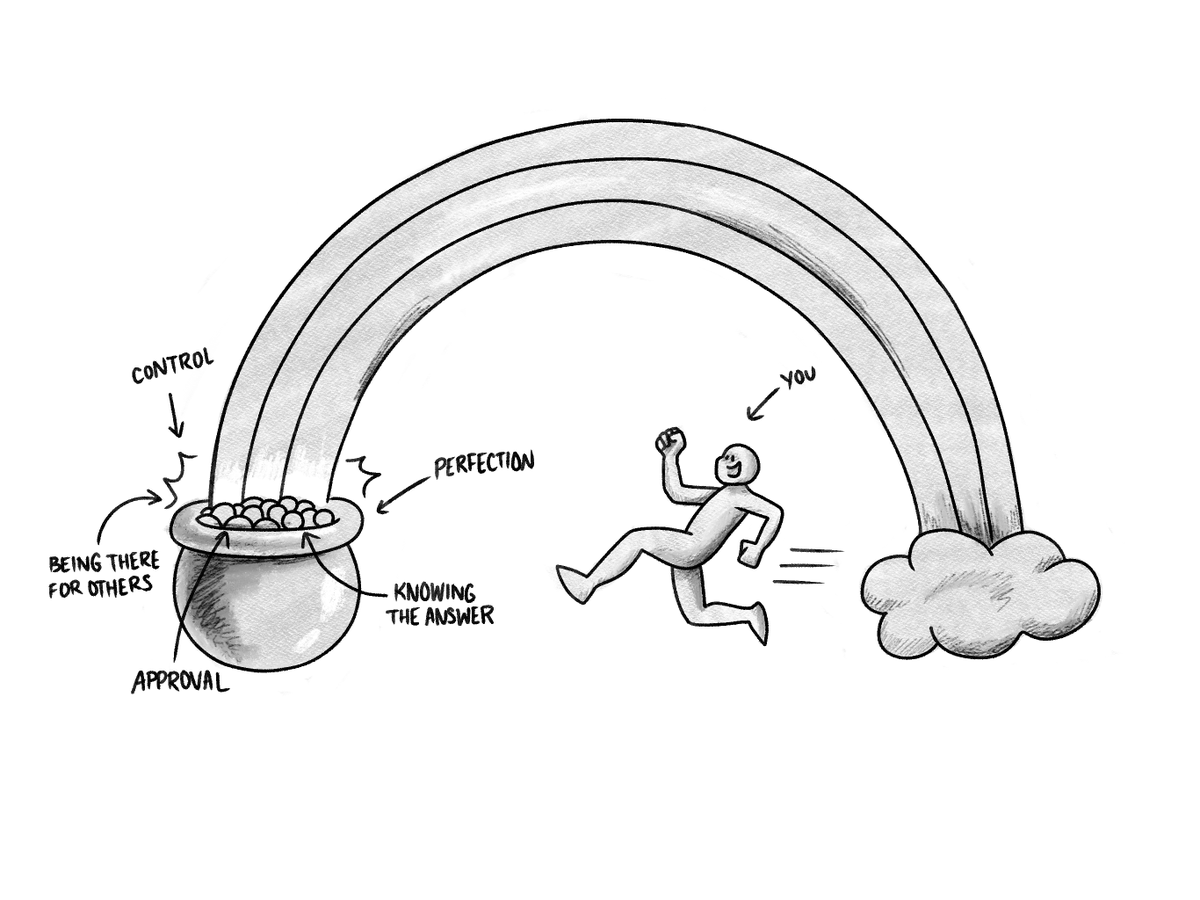One of the most difficult and powerful tools I did as a chaplain was a #verbatim. It is simply an essay recording an encounter where I either didn't know what to do, or was anxious, or where it didn't go the way I thought.....
1/
1/
I would type up the essay in two columns. I would start with a basic overview of the situation. Then on the left, as best as I could recall, I would record the dialogue. What I said, what he said, what the other said etc.
2/
2/
On the right, I recorded everything I was thinking and feeling at the time, to my best recollection. I did 50-60 verbatims in my year of #CPE and the more I did, the more was in the right column. At first I was simply asleep to what was going on in me under the surface....
3/
3/
But over time, I became hyper aware of my thoughts and feeling and how they infected the encounter. I concluded with a paragraph analyzing what I think and feel NOW as I type the verbatim and then a closing paragraph on where God was, my awareness of God, any gospel themes.
4/
4/
I would then present it to a supervisor one on one, or sometimes to our group. Typically one per week. We'd spend an hour or so gaining clarity on what triggers me, what assumptions I hold, discriminations, etc.
5/
5/
It was both very invasive and a powerful tool to help me break free of long st anding habits. It also revealed deeper levels of unawareness and most powerfully, how little I am aware of God when I am anxious.
6/
6/
Over the course of a year, I kept 'running into myself' with the same recurring issues as I presented verbatims. That is the gift of them - they force you to face parts of yourself you avoid. But they deepen your capacity to be present to a wider range of people.
7/
7/
We invite our staff at church to do verbatims. You don't need a trauma hospital. All leadership is vulnerable, so is a good context for learning about self.
8/
8/
Verbatims are not about a mulligan, they are purely about growing in awareness for next time. Presenting them to a trusted group is helpful - they can see what you cannot and can help you process.
9/
9/
Beware 'fixers' and 'here's how you could have' people in the group. That is unhelpful. Rather, a group can help you grow in awareness of triggers and assumptions for next time.
10/10
10/10
• • •
Missing some Tweet in this thread? You can try to
force a refresh









